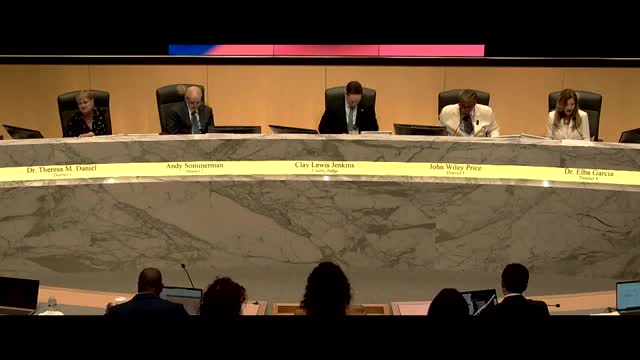Article not found
This article is no longer available. But don't worry—we've gathered other articles that discuss the same topic.

Residents urge court to rein in county marshal/fire‑marshal operations, citing TCOLE concerns and authority questions
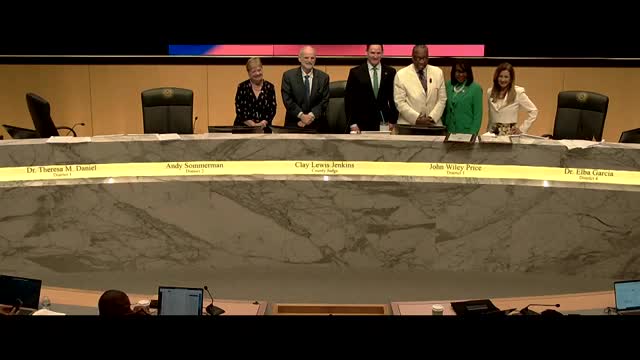
County auditor raises alarm over proposed transfer of accounts payable functions and Oracle Fusion gaps
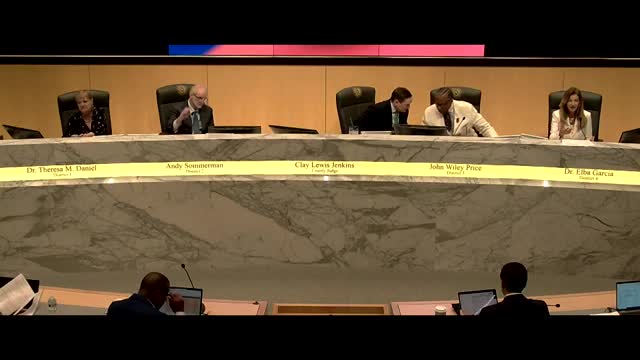
Dallas County proclaims Community Health Worker Day as association seeks data on workforce distribution
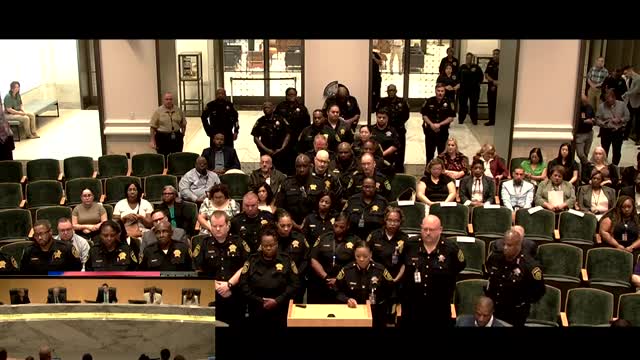
Dallas County honors corrections staff as jail population and case backlog draw attention
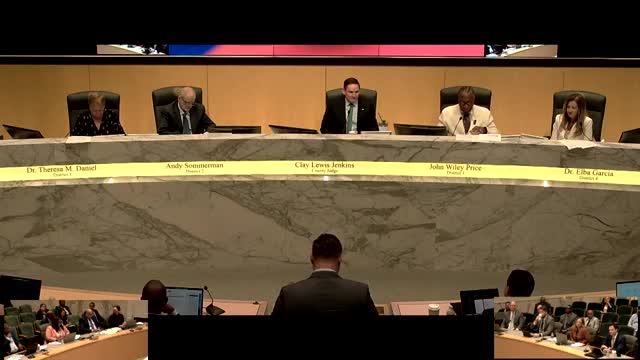
Zayo reports construction progress on Dallas County middle‑mile broadband; county plans laptop giveaways for digital equity
